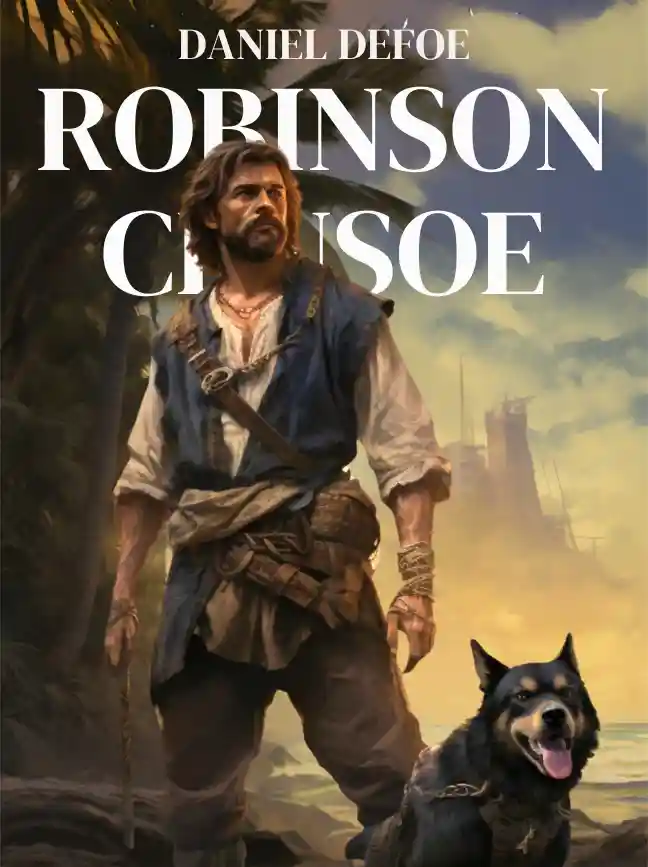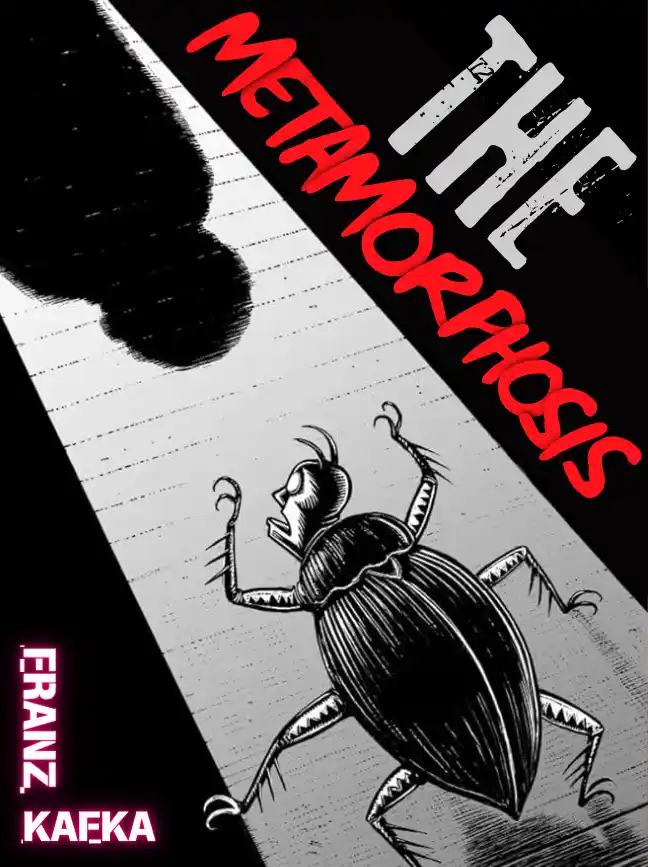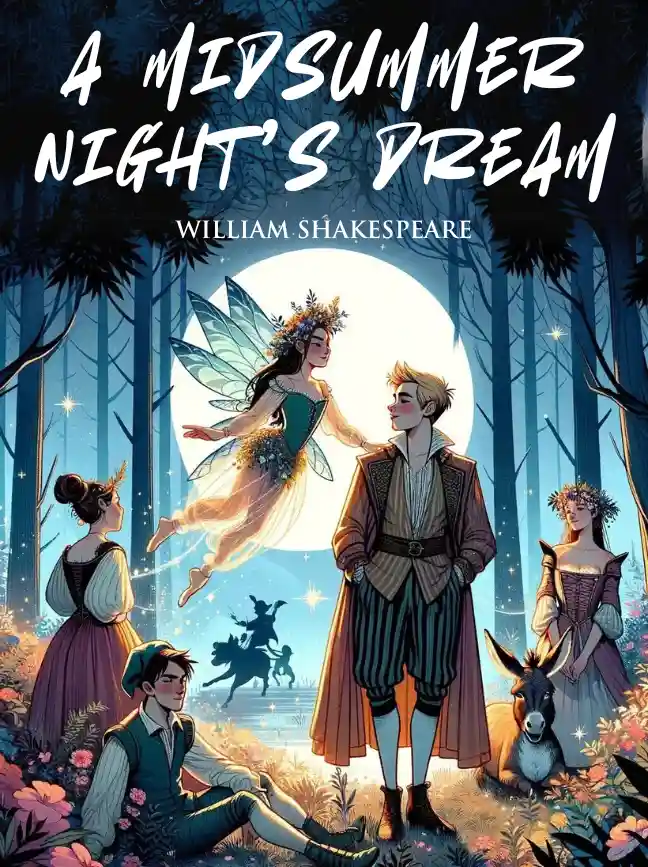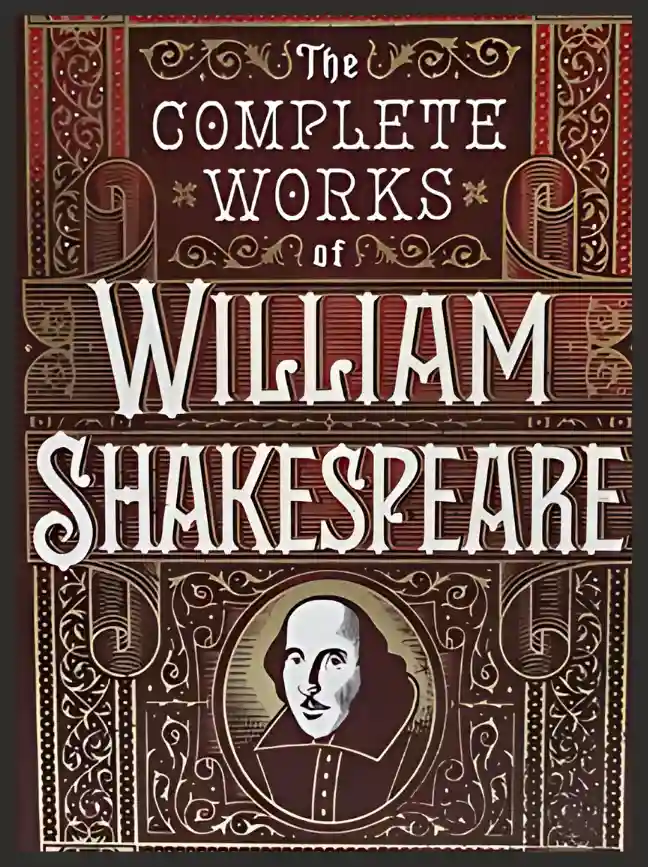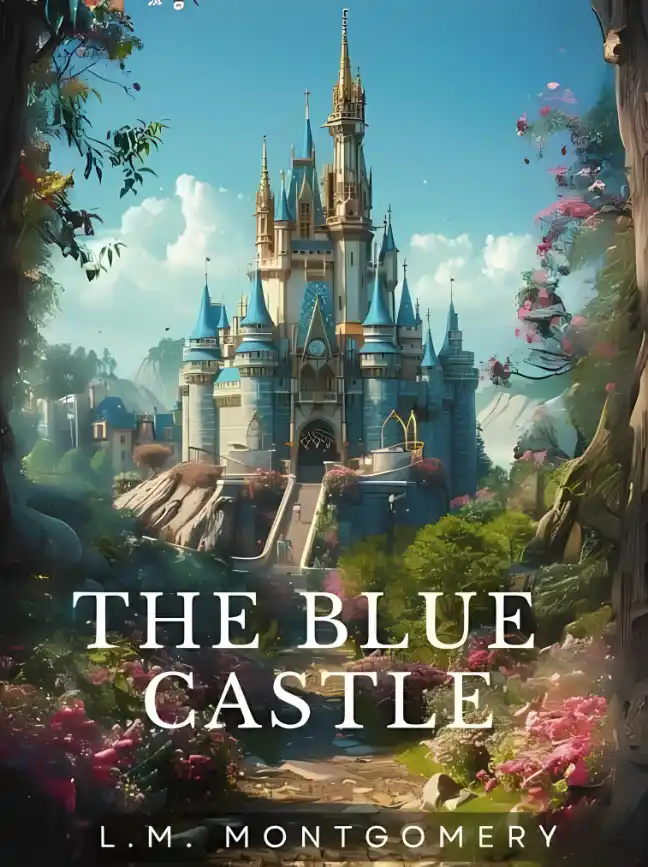1970
Motioning toward mismatched chairs in a small conference room, Tom offered seats to Tate, Jodie, Scupper, and Robert
Foster. They sat around the rectangular table, stained with coffee-mug circles. The walls were two tones of flaking plaster: lime green around the top, dark green around the bottom. An odor of dankness—as much from the walls as from the marsh—permeated.
“You can wait in here,” Tom said, closing the door behind him. “There’s a coffee machine down the hall across from the assessor’s, but it’s not fit for a three-eyed mule. The diner has okay coffee. Let’s see, it’s a little after eleven. We’ll make a plan for lunch later.”
Tate walked to the window, which was crisscrossed with a mesh of white bars, as if other verdict-waiters had tried escape. He asked Tom, “Where’d they take Kya? To her cell? Does she have to wait in there alone?”
“Yes, she’s in her cell. I’m going to see her now.”
“How long do you think the jury will take?” Robert asked.
“It’s impossible to say. When you think it’ll be quick, they take days, and vice versa. Most of them have probably already decided
—and not in Kya’s favor. If a few jurors have doubts and try to convince the others that guilt has not been proven definitively, we have a chance.”
They nodded silently, weighed down by the word definitively, as though guilt had been proven, just not absolutely.
“Okay,” Tom continued. “I’m going to see Kya and then get to work. I have to prepare the appeals request and even a motion for
a mistrial due to prejudice. Please keep in mind, if she’s convicted, this is not the end of the road. Not by any means. I’ll be in and out, and I’ll certainly let you know if there’s any news.”
“Thanks,” Tate said, then added, “Please tell Kya we’re here, and will sit with her if she wants.” This, though she had refused to see anyone but Tom for the last few days and almost no one for two months.
“Sure. I’ll tell her.” Tom left.
Jumpin’ and Mabel had to wait for the verdict outside among the palmettos and saw grass of the square, along with the few other blacks. Just as they spread colorful quilts on the ground and unpacked biscuits and sausage from paper bags, a rain shower sent them grabbing things and running for cover under the overhang of the Sing Oil. Mr. Lane shouted that they had to wait outside—a fact they’d known for a hundred years—and not to get in the way of any customers. Some whites crowded in the diner or the Dog-Gone for coffee, and others clustered in the street beneath bright umbrellas. Kids splashed in sudden puddles and ate Cracker Jacks, expecting a parade.
• • •
TUTORED BY MILLIONS OF MINUTES ALONE, Kya thought she knew lonely. A life of staring at the old kitchen table, into empty bedrooms, across endless stretches of sea and grass. No one to share the joy of a found feather or a finished watercolor. Reciting poetry to gulls.
But after Jacob closed her cell with the clank of bars, disappeared down the hall, and locked the heavy door with a final thud, a cold silence settled. Waiting for the verdict of her own murder trial brought a loneliness of a different order. The question of whether she lived or died did not surface on her mind, but sank beneath the greater fear of years alone without her marsh. No gulls, no sea in a starless place.
The annoying cellmates down the hall had been released. She almost missed their constant nattering—a human presence no matter how lowly. Now she alone inhabited this long cement tunnel of locks and bars.
She knew the scale of the prejudices against her and that an early verdict would mean there had been little deliberation, which would mean conviction. Lockjaw came to mind—the twisting, tortured life of being doomed.
Kya thought of moving the crate under the window and searching for raptors over the marsh. Instead she just sat there. In the silence.
• • •
TWO HOURS LATER, at one in the afternoon, Tom opened the door into the room where Tate, Jodie, Scupper, and Robert Foster waited. “Well, there’s some news.”
“What?” Tate jerked his head up. “Not a verdict already?” “No, no. Not a verdict. But I think it’s good news. The jurors
have asked to see the court record of the bus drivers’ testimonies. This means, at least, they’re thinking things through—not simply jumping to a verdict. The bus drivers are key, of course, and both said they were certain Kya was not on their respective buses and weren’t certain about the disguises either. Sometimes seeing testimony in black and white makes it more definitive to the jurors. We’ll see, but it’s a glimmer of hope.”
“We’ll take a glimmer,” Jodie said.
“Look, it’s past lunchtime. Why don’t y’all go over to the diner?
I promise, I’ll get you if anything happens.”
“I don’t think so,” Tate said. “They’ll all be talking about how guilty she is over there.”
“I understand. I’ll send my clerk for some burgers. How’s that?” “Fine, thanks,” Scupper said, and pulled some dollars from his
wallet.
• • •
AT 2:15, Tom returned to tell them the jurors had asked to see the coroner’s testimony. “I’m not sure if this is favorable or not.”
“Shit!” Tate swore. “How does anybody live through this?” “Try to relax; this may take days. I’ll keep you posted.”
Unsmiling and drawn, Tom opened the door again at four o’clock. “Well, gentlemen, the jurors have a verdict. The judge has ordered everyone back to the courtroom.”
Tate stood. “What does it mean? Happening so fast like this.” “Come on, Tate.” Jodie touched his arm. “Let’s go.”
In the hallway, they joined the stream of townspeople jostling shoulder to shoulder from outside. Dank air, smelling of cigarette smoke, rain-wet hair, and damp clothes, flowed with them.
The courtroom filled in less than ten minutes. Many couldn’t get a seat and bunched in the hall or on the front steps. At 4:30 the bailiff led Kya toward her seat. For the first time, he supported her by her elbow, and indeed, it appeared she might drop if he did not. Her eyes never moved from the floor. Tate watched every twitch in her face. His breath labored against nausea.
Miss Jones, the recorder, entered and took her seat. Then, like a funeral choir, solemn and cheerless, the jurors filed into their box. Mrs. Culpepper glanced at Kya. The others kept their eyes ahead.
Tom tried to read their faces. There was not one cough or shuffle from the gallery.
“All rise.”
Judge Sims’s door opened, and he sat at his bench. “Please be seated. Mr. Foreman, is it correct that the jury has reached a verdict?”
Mr. Tomlinson, a quiet man who owned the Buster Brown Shoe Shop, stood in the first row. “We have, Your Honor.”
Judge Sims looked at Kya. “Would the defendant please rise for the reading of the verdict.” Tom touched Kya’s arm, then guided her up. Tate placed his hand on the railing as close to Kya as he could get. Jumpin’ lifted Mabel’s hand and held it.
No one in the room had ever experienced this collective heart pounding, this shared lack of breath. Eyes shifted, hands sweated. The shrimper crew, Hal Miller, knotted his mind, fighting to confirm that it truly was Miss Clark’s boat he had seen that night. Suppose he’d been wrong. Most stared, not at the back of Kya’s head, but at the floor, the walls. It seemed that the village—not Kya—awaited judgment, and few felt the salacious joy they had expected at this juncture.
The foreman, Mr. Tomlinson, handed a small piece of paper to the bailiff, who passed it to the judge. He unfolded it and read it with a vacant face. The bailiff then took it from Judge Sims and handed it to Miss Jones, the recorder.
“Would somebody read it to us,” Tate spat.
Miss Jones stood and faced Kya, unfolded the paper, and read: “We the jury find Miss Catherine Danielle Clark not guilty as charged in the first-degree murder of Mr. Chase Andrews.” Kya buckled and sat. Tom followed.
Tate blinked. Jodie sucked in air. Mabel sobbed. The gallery sat motionless. Surely they had misunderstood. “Did she say not guilty?” A stream of whispers quickly rose in pitch and volume to angry questions. Mr. Lane called out, “This ain’t right.”
The judge hammered his gavel. “Silence! Miss Clark, the jury has found you not guilty as charged. You are free to go, and I apologize on behalf of this State that you served two months in jail. Jury, we thank you for your time and for serving this community. Court dismissed.”
A small covey gathered around Chase’s parents. Patti Love wept. Sarah Singletary scowled like everybody else but discovered that she was greatly relieved. Miss Pansy hoped no one saw her jaw relax. A lone tear trailed down Mrs. Culpepper’s cheek, and then a shadow smile for the little swamp truant escaping again.
A group of men in overalls stood near the back. “Them jurors have some explainin’ to do.”
“Cain’t Eric declare a mistrial? Do the whole thing over?” “No. Remember? Cain’t be tried for murder twice. She’s free.
Got away with the whole thing.”
“It’s the sheriff who messed it up for Eric. Couldn’t keep his story straight, kep’ makin’ it up as he went. Theory this, theory that.”
“Been struttin’ ’round like he’s on Gunsmoke.”
But this small band of disgruntlement fell apart quickly, some wandering out the door, talking about work to catch up on; how the rain had cooled things down.
Jodie and Tate had rushed through the wooden gate to the defense table. Scupper, Jumpin’, Mabel, and Robert followed and
encircled Kya. They did not touch her, but stood close as she sat there unmoving.
Jodie said, “Kya, you can go home. Do you want me to drive you?”
“Yes, please.”
Kya stood and thanked Robert for coming all the way from Boston. He smiled. “You just forget about this nonsense and continue your amazing work.” She touched Jumpin’s hand, and Mabel hugged her into her cushy bosom. Then Kya turned to Tate. “Thank you for the things you brought me.” She turned to Tom and lost words. He simply enfolded her in his arms. Then she looked at Scupper. She’d never been introduced to him, but knew from his eyes who he was. She nodded a soft thank-you, and to her surprise, he put his hand on her shoulder and squeezed gently.
Then, following the bailiff, she walked with Jodie toward the back door of the courtroom and, as she passed the windowsill, reached out and touched Sunday Justice’s tail. He ignored her, and she admired his perfected pretense of not needing good-bye.
When the door opened she felt the breath of the sea on her face.


